
On November 9, 2024, the subforum of the 2nd China-Arab Global Development and Governance Forum, titled 'Public Policy Dialogue under the China-Arab Universities 10+10 Cooperation Program' and the Annual Meeting of the China-Arab Network for Schools of Public Policy and Administration (CANSPPA), was successfully held at Fudan University. The event was co-hosted by Institute for Global Public Policy (IGPP) of Fudan University, CANSPPA, and the Fudan-Arab Research Centre for Global Development and Governance. Distinguished participants included Amr Salama, Secretary-General of the Association of Arab Universities; Sofiane Sahraoui, Director General of the International Institute of Administrative Sciences (IIAS); and Xiaojie Gao, Director of the Academic and Exchange Department of the China Association of Higher Education.
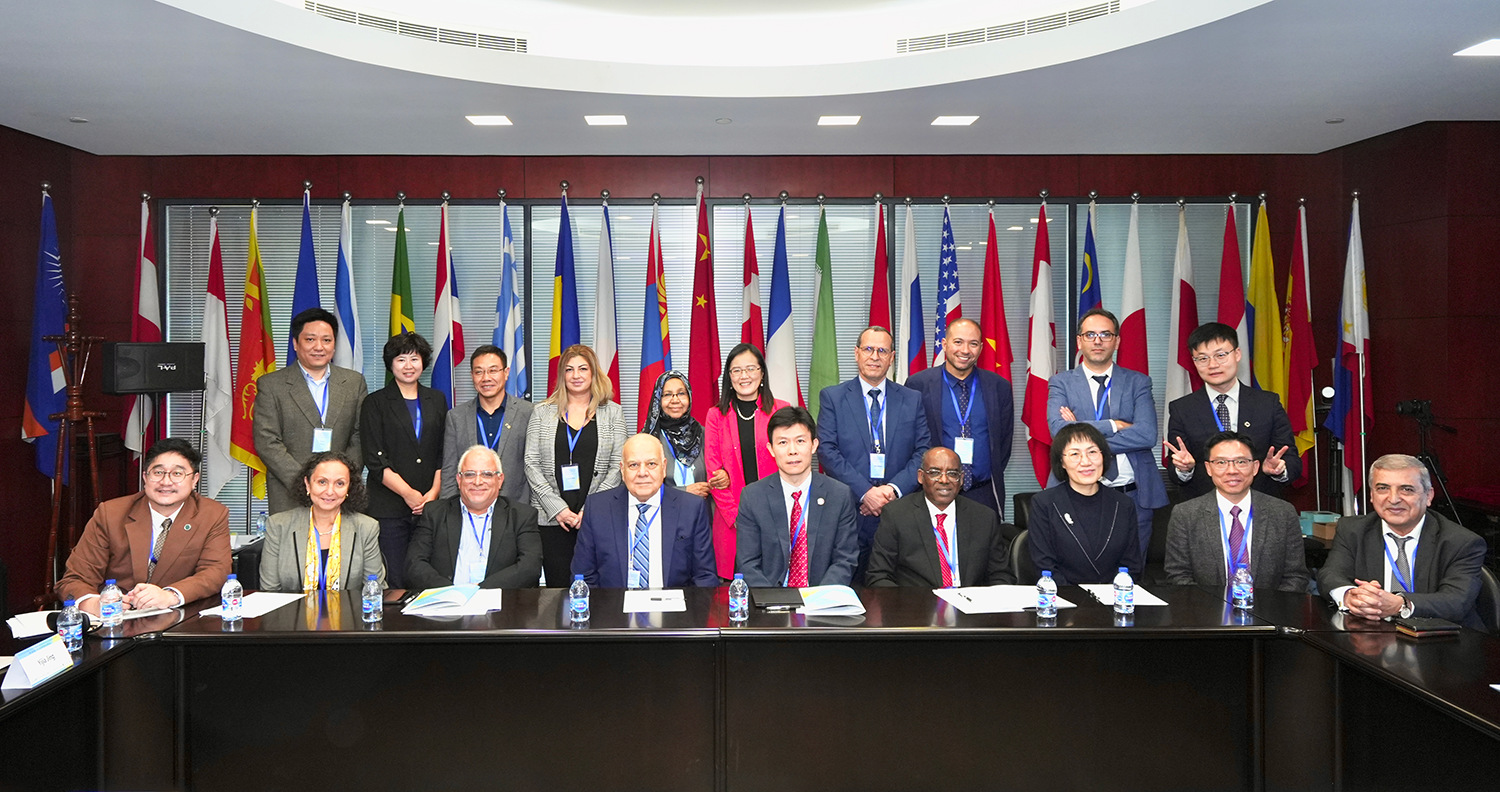
During the opening ceremony, Amr Salama emphasized the rich cultural and historical heritage of both China and the Arab world and noted the 'China-Arab Universities 10+10 Cooperation Program ' reflect mutual respect and a shared desire for cooperation. He expressed hope that this partnership will contribute to global equality, sustainable development, and peace. He called for leveraging the CANSPPA platform to advance public policy education and research, provide professional support for the mutual growth of Chinese and Arab institutions, and establish more inclusive and efficient governance systems capable of addressing global challenges effectively.
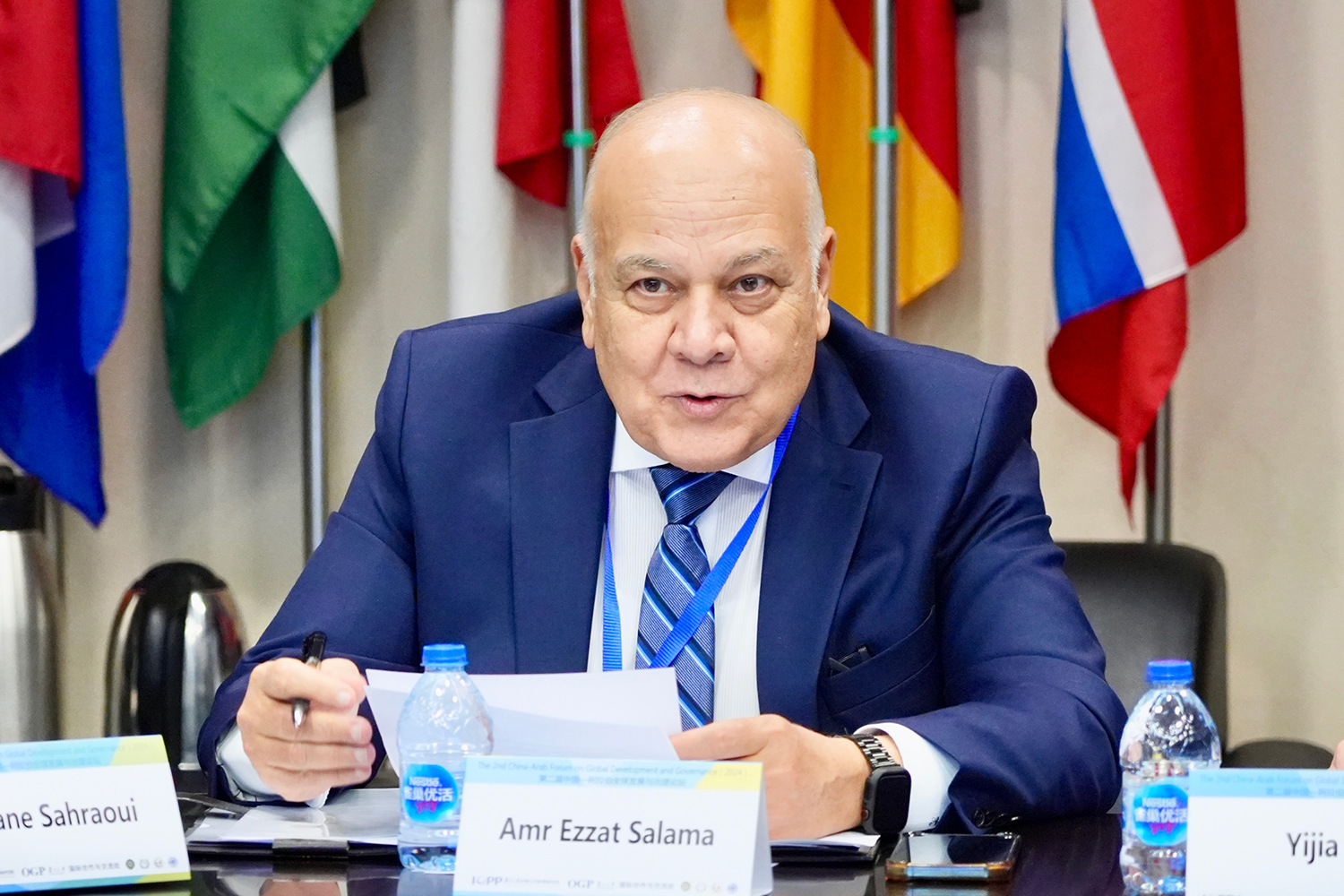
Sofiane Sahraoui highlighted the emergence of CANSPPA as a rising force in the global public administration community, attributing its success to China's proactive efforts and strong support from the Arab world. He praised CANSPPA as an innovative model of South-South cooperation, serving as an ideal platform for professional exchanges in public policy and administration between China and the Arab states.
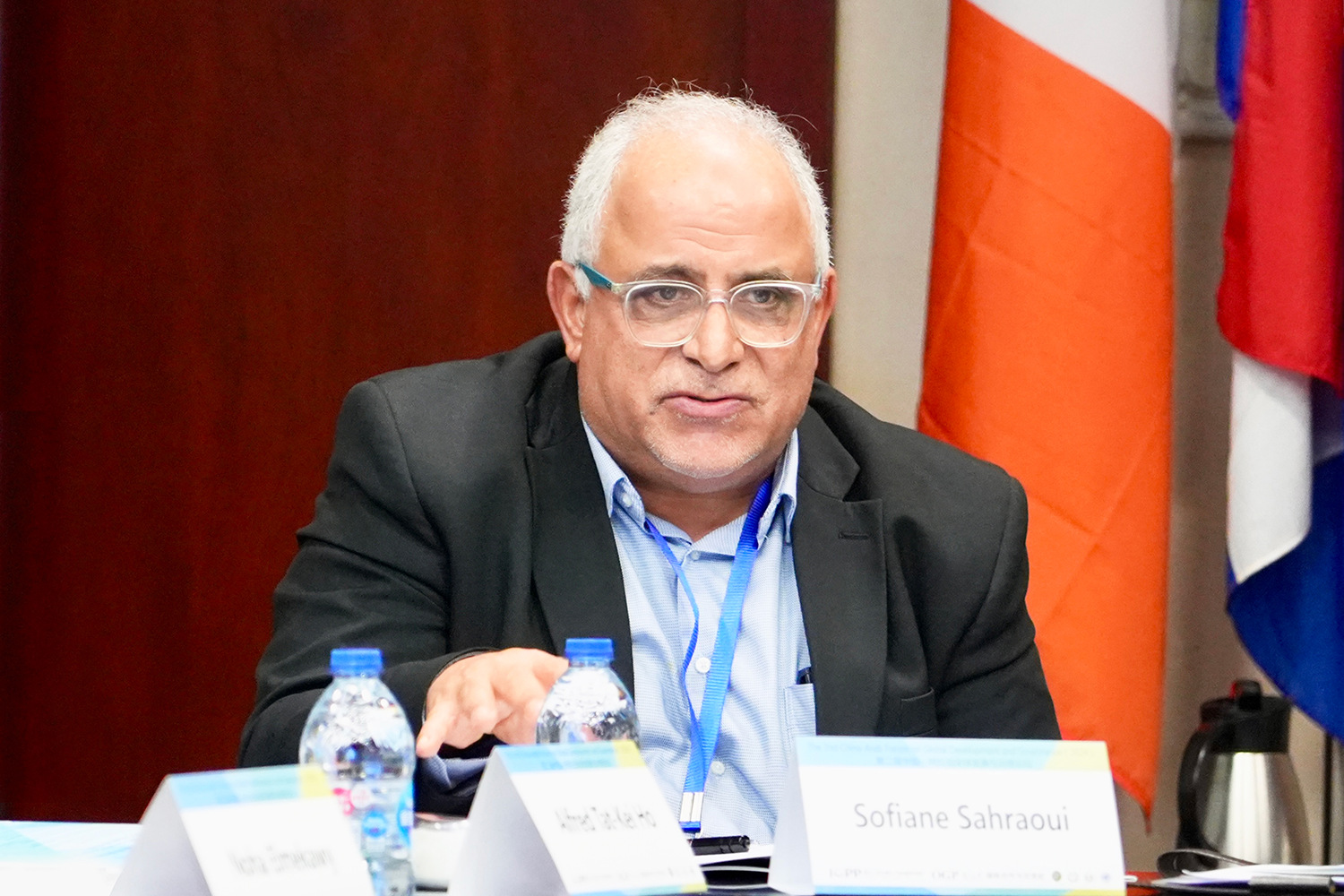
Yijia Jing, Dean of IGPP, presided over the opening ceremony. He provided an overview of CANSPPA’s founding purpose and mission and emphasized that this meeting aimed to delve into the implementation of agreed-upon initiatives and explore new development topics. He expressed hope for collective efforts to establish CANSPPA as a hallmark organization for academic exchange and cooperation between China and the Arab world.
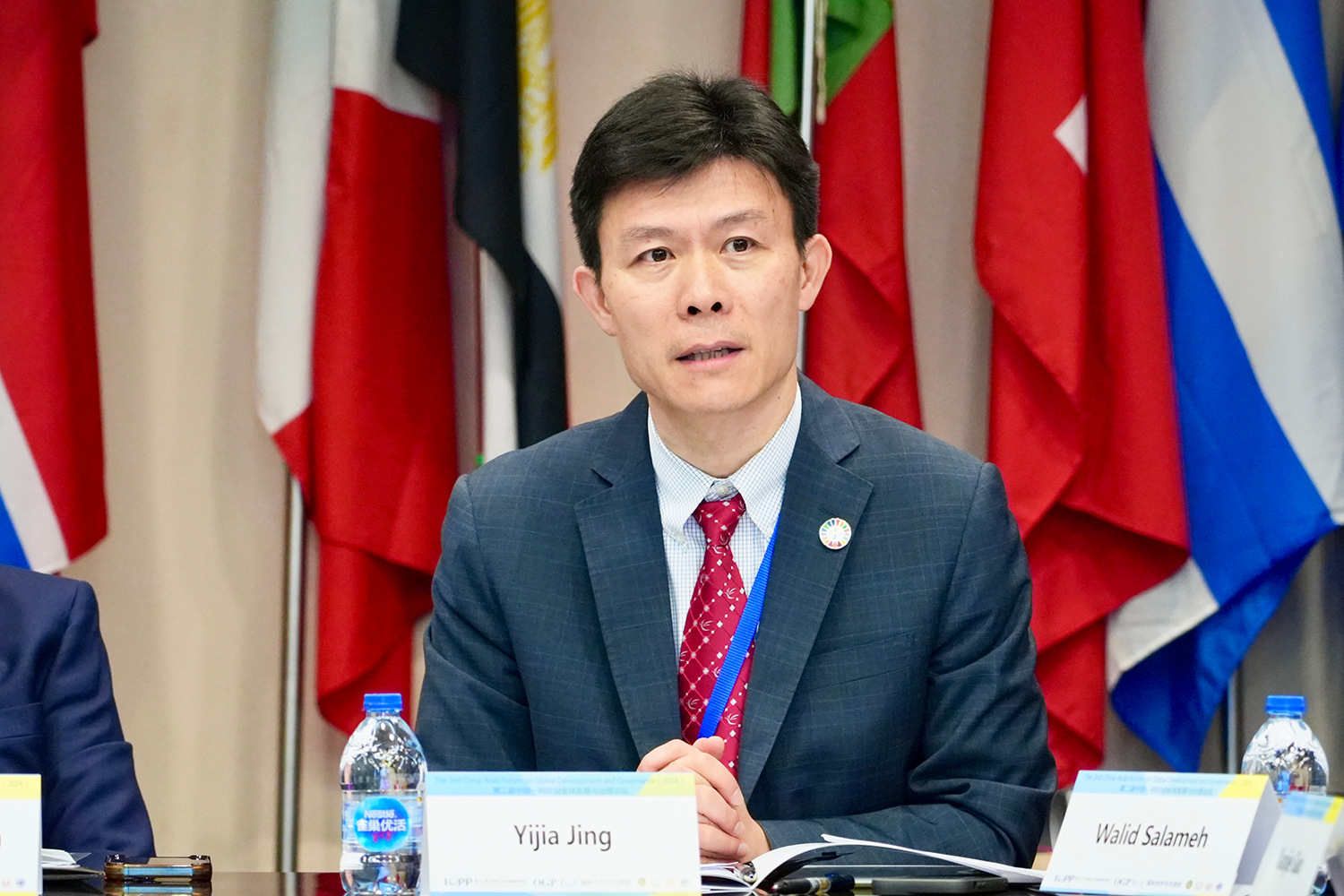
The second part of the meeting focused on CANSPPA's progress report. Yijia Jing provided a brief summary of the association's key achievements over the past year, including hosting the first 'Belt and Road' Policy Dialogue and the 'China-Arab Digital Governance Workshop' in Apr 2024, participating in Fudan's Global Governance Academic Month, facilitating visits and lecture series by Arab scholars, and democratically electing an Executive Committee in Sep 2024.
Yijia Jing presented a report on the decisions made during the inaugural Executive Committee meeting. These included adding four new member institutions: the School of Governance, Economics, and Social Sciences at Mohammed VI Polytechnic University, the School of Public Policy and Administration at Xi’an Jiaotong University, the School of Public Administration at Sichuan University, and the Faculty of Social Sciences at the University of Macau. The meeting also designated the international journal Global Public Policy and Governance (GPPG) as the official publication and planned the editing of books and special issues on China-Arab public governance and policy.
Noha Elmekawy, Dean of the School of Global Affairs and Public Policy at the American University in Cairo, moderated the work report session and engaged in discussions on relevant issues with CANSPPA member representatives.
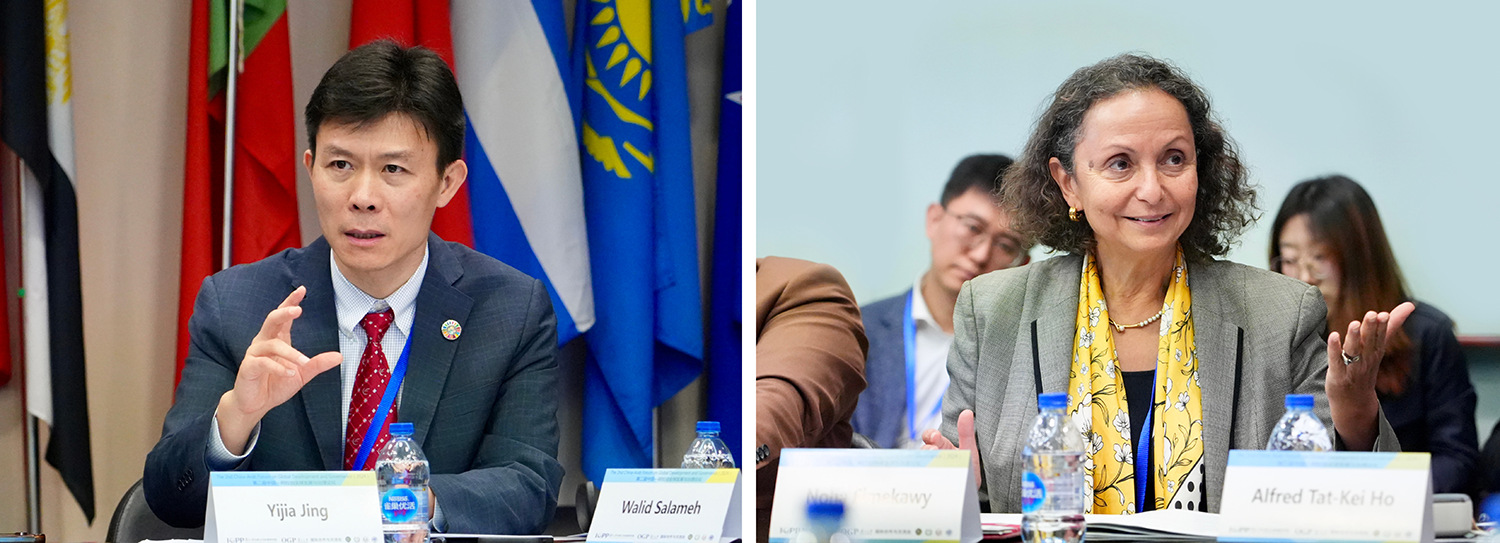
The conference then transitioned into the academic discussion segment. Alfred Ho, from the City University of Hong Kong, moderated the first session. Lihua Yang, from Peking University, focused on the trust issues under the context of strong government collaborative governance. Hamid Ali, from the Doha Institute for Graduate Studies, examined the impact of global cooperation on governance in the Middle East and North Africa. Qiushi Wang, from Sun Yat-sen University, affirmed the important position of global governance as an interdisciplinary research direction in public administration. Shujun Jiang, from the United Arab Emirates (UAE) University, shared case studies on government innovation in the UAE. Wen Bo, from the University of Macau, emphasized the importance of education, knowledge sharing, and collaborative governance for regional and social development.
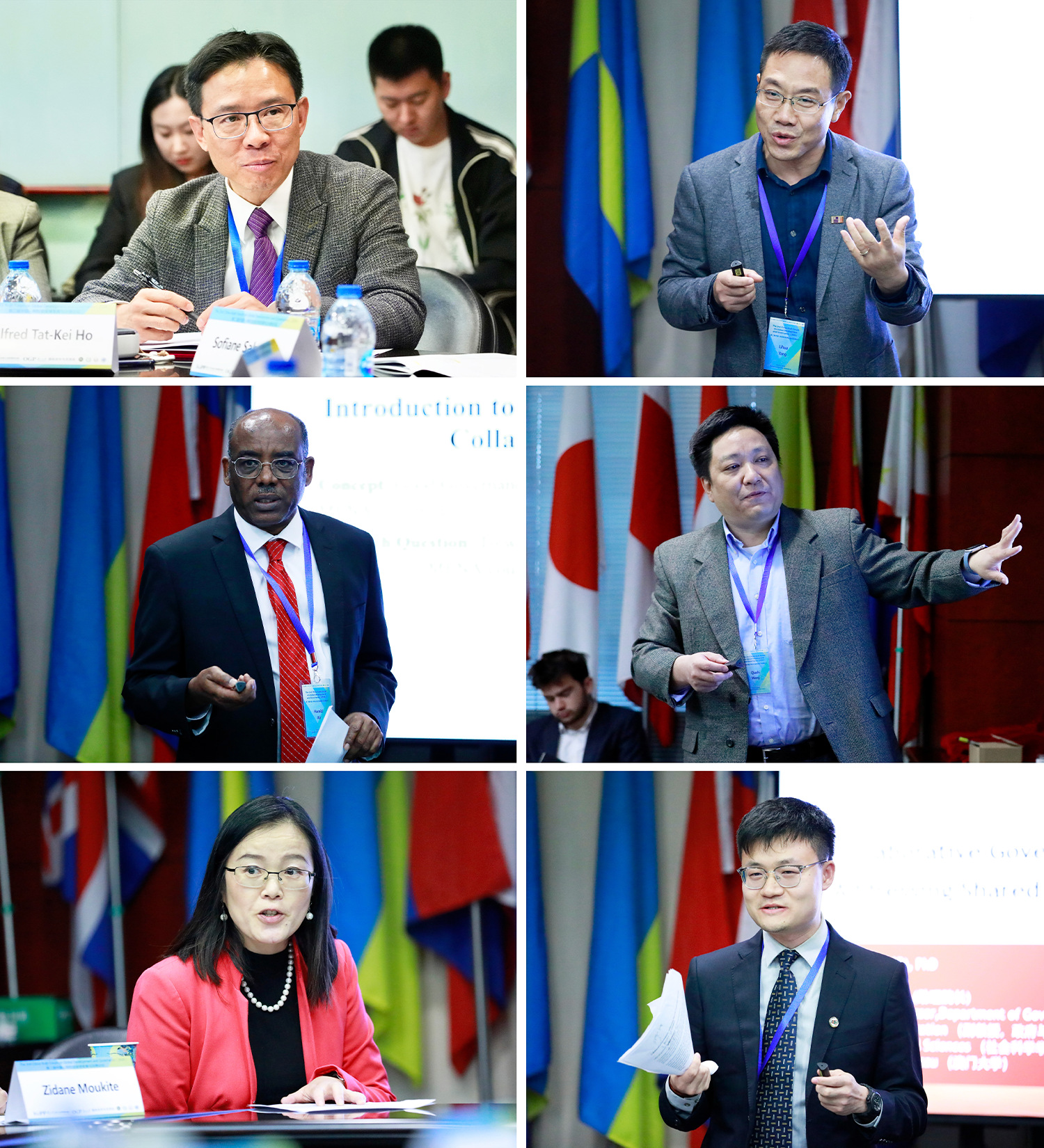
Hamid Ali moderated the second session. Yi Liu, from Dalian University of Technology, analyzed the semantic differences between policy documents from the three northeastern provinces of China and central government policies. Youness Lazrak Hassouni, from Hassan I University, discussed the challenges of water resource governance in North African countries. Lijing Yang, from Nanjing University, examined the historical evolution of China’s public safety values. Zidane Mouktie, from Hassan I University, proposed future research on the integration of hybrid governance practices. Suaad AL-Oraimi, from UAE University, compared the achievements and similarities/differences in the empowerment of women in the public sector in China and the UAE.
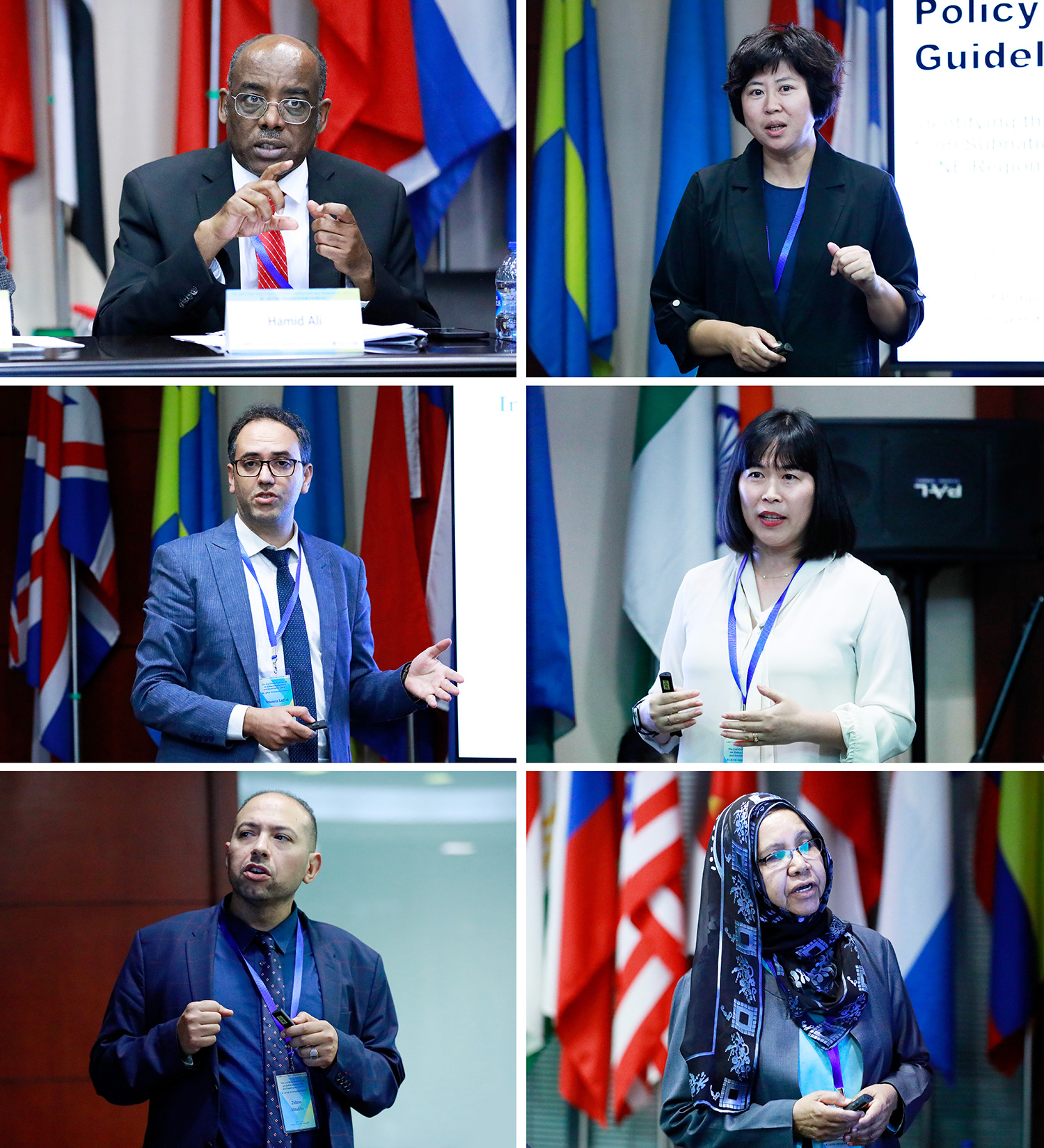
At the conclusion of the conference, Hamid Ali delivered the closing remarks. He expressed heartfelt gratitude and conveyed anticipation for the next meeting of the CANSPPA network members. With that, the 'Public Policy Dialogue under the China-Arab 10+10 University Cooperation Program' and the Annual Conference of CANSPPA successfully came to an end.




